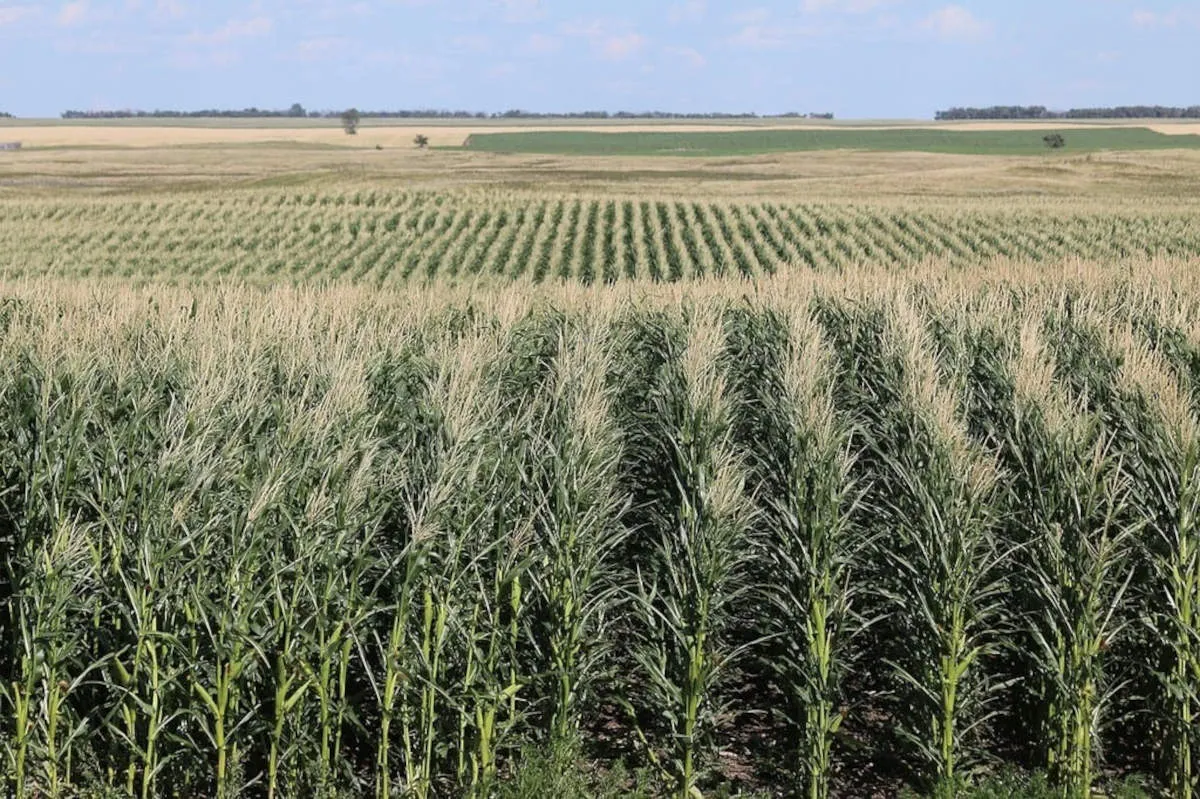
No land expropriation has occurred in SA this year
South Africa has not carried out any land expropriation since the Land Expropriation legislation came into effect in January 2025.

South Africa’s Minister of Land Reform and Rural Development, Mzwanele Nyhontso, has confirmed that the government has not carried out any land expropriation since the Land Expropriation legislation took effect in January 2025, aiming to dispel fears and correct misinformation circulating locally and internationally.
“There is currently no land expropriation occurring on private properties, including farms,” said Nyhontso in a departmental statement.
The Minister emphasized that all land acquired through government programmes for land restitution and redistribution follows fair, transparent, and lawful procedures.
“The purchase of land from previous owners, particularly white owners, is based on negotiated agreements that uphold property rights and promote inclusive development and access to land.”
Addressing international concerns
The Minister made these remarks in response to statements by US President Donald Trump, who claimed that white South Africans were facing land grabs and genocide.
The South African government firmly rejected his allegations, calling them false and inflammatory.
President Cyril Ramaphosa recently met with President Trump to address these concerns, strengthen bilateral relations, and discuss potential investment opportunities.
During the talks, Ramaphosa stressed that criminal violence affects all South Africans, not just white citizens.
“Yes, there is criminality in our country, but the majority of victims are black South Africans,” said Ramaphosa, countering Trump’s assertions and underscoring the complexity of the country’s crime landscape.
Progress on land reform
Since the start of South Africa’s land reform programme in 1995, the government has purchased roughly 3.9 million hectares of land, about 2.5% of the country’s total land area, at an estimated cost of R26.6 billion.
The acquired land has been redirected toward various development goals, including agriculture, tourism, forestry, and hospitality.
The Department of Land Reform emphasized that it remains committed to land reform that is constitutional, economically sustainable, and socially responsible.
“Minister Nyhontso wishes to emphasise that any other information and pronouncements contrary to the government’s position on land reform are mischievous, false, and misleading,” the statement concluded.
As land reform continues to be a sensitive and critical issue in South Africa, officials say the government will stay committed to engagement with all stakeholders, ensuring that land redistribution remains just, transparent, and aligned with the principles of the Constitution.
